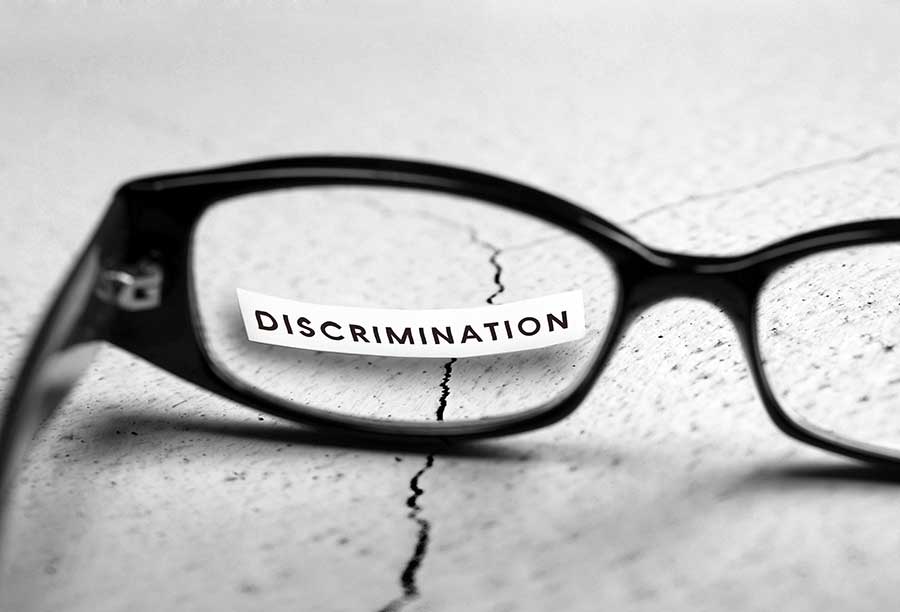
Why experience may be your secret weapon when starting a new business
For many around the UK, the ordinary living wage simply is not enough any more. With rises...read more
workingwise.co.uk outlines your rights when it comes to age discrimination and how you can lodge a claim if you suspect this has happened to you.

Concerns about retaining older workers have been a huge topic of the last few months, but many drop out of the workforce due to age discrimination and many more face perceived age bias in the recruitment process.
workingwise.co.uk’s survey late last year found 56% of older jobseekers said they had encountered ageism in the recruitment process [versus just 16% who hadn’t] and 45% of those who had encountered ageism in the recruitment process said they had left out their age and altered their cv to get around ageism.
Moreover, only 19% of older workers had been promoted in the last five years and 30% felt excluded from office social chat and events.
In addition, the number of legal cases due to age discrimination – whether against older or younger workers – has been increasing in recent years and was up 74% between 2019 and 2020.
So what can you do if you suspect you are being discriminated against because of your age?
Age is a protected characteristic under equalities legislation. Your employer may also have their own policy and/or code of conduct when it comes to discrimination.
Age discrimination at work can take various forms:
This is where the discrimination is clearly due to your age, for instance, a younger colleague is promoted purely on the basis of your age. Note that your employer may be able to justify this objectively by showing that there was a good reason for the differential treatment or that it was necessary for the job, for instance, a fire fighter may need a certain level of fitness.
This is where rules or policies that apply to everyone may disadvantage or exclude older workers, for instance, a training programme that applies only to recent graduates. Again, the employer may seek to objectively justify this.
This relates to behaviour that could be viewed as offensive, intimidating or distressing, such as the use of derogatory nicknames. It could also include sustained pressure to retire or an employer’s failure to respond to repeated instances of harassment by external clients.
This is where you are treated unfairly by your employer because you have previously complained about age-related discrimination or harassment.
If you suspect age discrimnination, you should begin by followong your employer’s internal complaints procedure and keep records of this. It will show that you have made every effort to resolve the issue if the case goes to tribunal.
Initially, try and talk to your line manager. This might mean asking your employer questions about your treatment.
The next step would be to issue a ‘without prejudice’ letter [to discuss how much money your employer is willing to offer you as part of an exit package] or take out a grievance. This will trigger a meeting with your employer. You can ask to take a work colleague or a trade union official with you to the grievance. This may be a good idea as they will be able to take notes so you have a record of what happened. Bear in mind that discrimination cases need to be filed within three months of the discriminatory act.
Before filing the grievance claim keep a contemporaneous dated log of any act of discrimination, including comments, emails and so forth. This will help to support your case.
It can be hard to prove age discrimination so the more evidence you have the better. You may need to, for instance, make a subject access request (which would require your employer to provide all documents/records, in whatever form, that you are the subject of), obtain witness evidence to back up your claim or use ACAS’s discrimination questionnaire to ask your employer questions about possible age discrimination against you.
If the grievance does not resolve your concerns, you could consider taking legal action on your age discrimination claim. You should get legal advice before proceeding, for instance, through a union if you are a member of by contacting Acas’ helpline. You can also check if your home insurance, if you have it, covers employment-related legal fees.
If you are considering legal action, you can contact Acas for early conciliation within three months of the discriminatory act. This is free. You will need to fill in an Acas Early Conciliation Notification Form. You can find out more here.
If age discrimination in your workplace is widespread, it may be a good idea to consider collective action if you can find others who have been affected. In addition to age discrimination, you may also be entitled to claim unfair dismissal if your employer’s actions result in you leaving your job. Bear in mind that there is no national retirement age at which your employer can require you to retire. They may, however, have their own retirement age, but they would have to justify this.